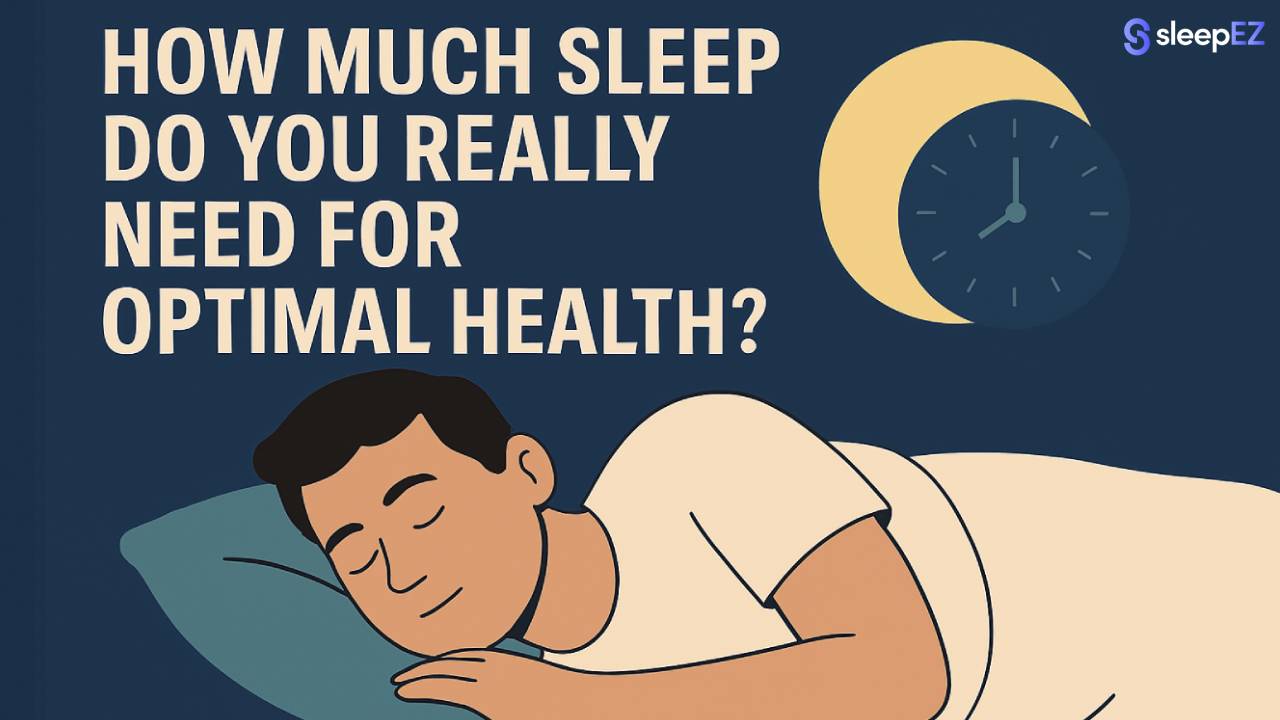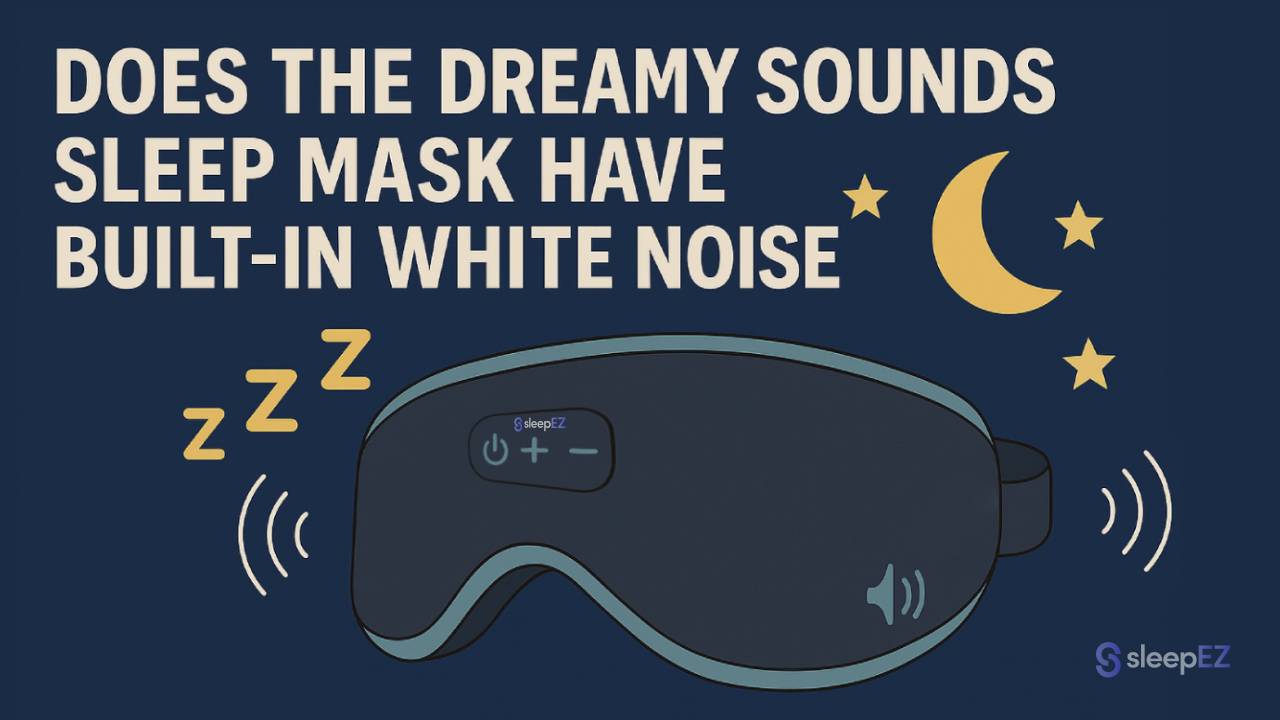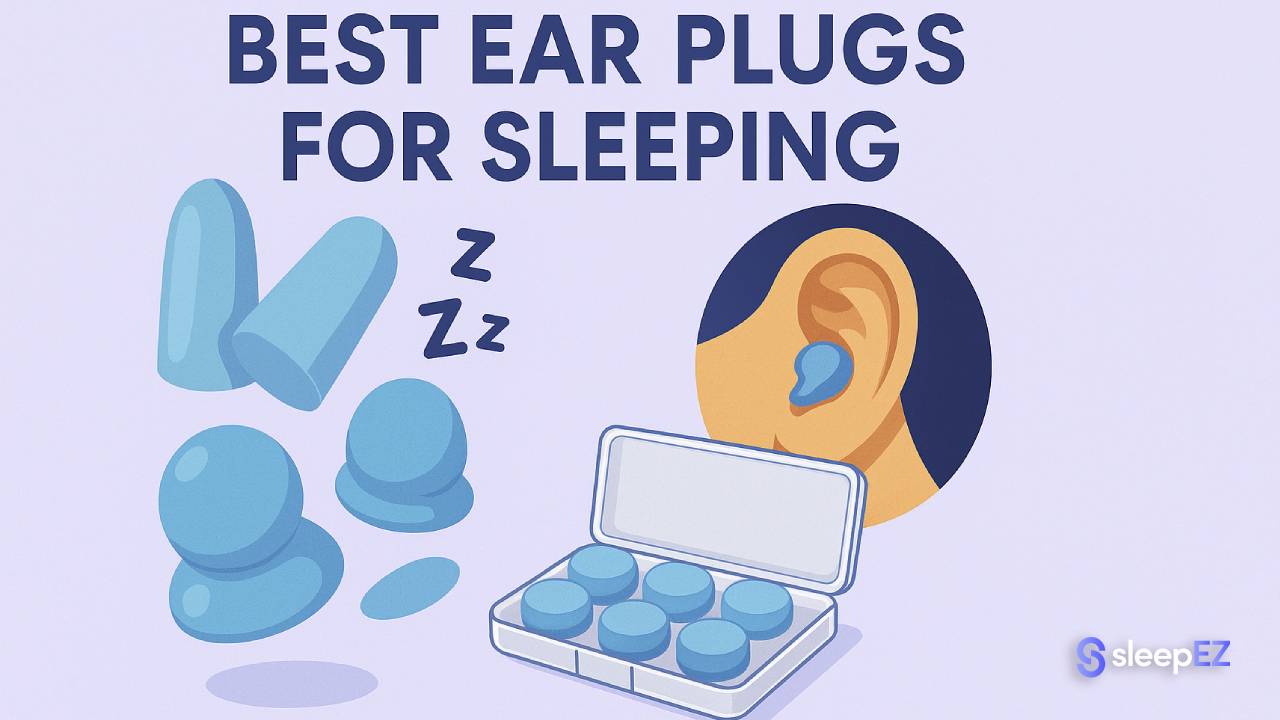TL;DR:
Sleep needs change throughout life. Newborns need 14-17 hours while adults need 7-9 hours. Getting the right amount helps your body and mind work their best.
Sleep Recommendations by Age:
|
Age Group |
Recommended Hours |
|
Newborns (0-3 months) |
14-17 hours |
|
Infants (4-11 months) |
12-15 hours |
|
Toddlers (1-2 years) |
11-14 hours |
|
Preschoolers (3-5 years) |
10-13 hours |
|
School-aged (6-13 years) |
9-11 hours |
|
Teenagers (14-17 years) |
8-10 hours |
|
Adults (18-64 years) |
7-9 hours |
|
Older Adults (65+ years) |
7-8 hours |
Sleep is often the first thing we give up when life gets busy. Yet understanding how much sleep you need is key to good health.
There's no magic number that works for everyone. Your sleep needs change as you age.
This guide breaks down current sleep recommendations by age group. You'll learn how to find your ideal sleep amount and why it matters.
Getting enough quality sleep might mean looking at your sleep space too.
Recommended Sleep Durations by Age
Leading health groups provide clear guidelines on sleep needs at different life stages. The National Sleep Foundation and CDC back these recommendations with solid research.
Newborns (0-3 Months): 14-17 Hours
Newborns sleep in short bursts throughout the day and night. Their sleep patterns seem random because their brains are developing fast.
They need this much sleep for healthy growth and brain development.
Most newborn sleep happens in 2-4 hour chunks. This is normal and helps support rapid physical and mental growth during the first months of life.
Infants (4-11 Months): 12-15 Hours
Infants start to sleep for longer periods at night. Their brains are still growing quickly, making sleep vital for learning and memory.
Many infants begin sleeping through the night during this stage.
Sleep helps infants process new experiences and supports healthy weight gain. A consistent bedtime routine can help establish better sleep patterns.
Toddlers (1-2 Years): 11-14 Hours
Toddlers need steady sleep schedules to support their active days. Most still take one or two naps along with nighttime sleep. Good sleep helps with mood control and learning new skills.
Sleep problems are common at this age due to separation anxiety and developmental changes. Keeping consistent bedtimes helps toddlers get the rest they need.
Preschoolers (3-5 Years): 10-13 Hours
Preschoolers are getting ready for school, making sleep crucial for focus and emotional control. Many drop their afternoon nap during this period. Night sleep becomes more important.
Quality sleep helps preschoolers learn, remember new things, and manage their emotions. Poor sleep can lead to behavior problems and trouble paying attention.
School-Aged Children (6-13 Years): 9-11 Hours
School-age kids juggle classes, homework, and activities. Sleep helps them focus in school and supports physical growth. The CDC warns that getting less than 9 hours can hurt their health and school performance.
Many children this age don't get enough sleep due to busy schedules. Making sleep a priority helps with grades, mood, and overall health.
Teenagers (14-17 Years): 8-10 Hours
Teenagers face unique sleep challenges. Their natural body clocks shift, making them want to stay up late and sleep in. School start times often conflict with these natural patterns.
Teens who don't get enough sleep struggle with focus, mood swings, and health problems. Electronic devices before bed can make sleep problems worse.
Adults (18-64 Years): 7-9 Hours
Most adults need 7-9 hours of sleep each night. The CDC states that getting less than 7 hours regularly increases the risk of obesity, diabetes, high blood pressure, and heart disease.
Work stress, family duties, and social activities often cut into sleep time. Individual needs vary, but most adults function best with at least 7 hours.
Older Adults (65+ Years): 7-8 Hours
Older adults need slightly less sleep than younger adults. Sleep patterns change with age, often including more light sleep and early morning wake-ups.
Good sleep remains important for memory, immune function, and overall health. Sleep problems shouldn't be accepted as a normal part of aging.
Read: Is 6 Hours of Sleep Enough?
Beyond the Numbers: Recognizing Your Individual Sleep Needs
General guidelines provide a starting point, but your ideal sleep amount depends on personal factors. Learning to read your body's signals helps you find what works best.
Are You Resting Enough? Signs of Sleep Deprivation
- Watch for these warning signs that you need more sleep:
- Feeling tired during the day
- Trouble focusing or making decisions
- Mood swings or irritability
- Getting sick more often
- Craving sugary or fatty foods
- Needing caffeine to function
These symptoms tell you that your current sleep isn't meeting your body's needs.
Read: 7 Best Bluetooth Sleep Mask in Australia
Can You Get Too Much Sleep? The Risks of Oversleeping
Getting too much sleep can be just as problematic as getting too little. While oversleeping might seem harmless, it can disrupt your natural sleep cycles and leave you feeling worse than before.
- Too much sleep can also cause problems:
- Morning headaches
- Feeling groggy all day
- Low energy levels
- Increased risk of certain health conditions
Listen to your body rather than just watching the clock. Quality matters as much as quantity.
Factors Influencing Your Needs
- Several things affect how much sleep you need:
- Genetics: Some people naturally need more or less sleep
- Lifestyle: Stress and activity levels change sleep needs
- Health: Illness or medications can affect sleep requirements
- Life changes: Pregnancy, job changes, or major stress can alter needs
Pay attention to how you feel with different amounts of sleep. This helps you find your personal sweet spot.
Strategies for Achieving Your Optimal Sleep Duration
Knowing how much sleep you need is just the first step. These proven strategies help you get consistent, quality rest.
Establish a Consistent Sleep Schedule
Go to bed and wake up at the same time every day, even on weekends. Your body thrives on routine. This helps regulate your internal clock and makes falling asleep easier.
Shift workers and people with changing schedules face extra challenges. Try to keep as much consistency as possible, even if perfect timing isn't possible.
Optimize Your Sleep Environment
Your bedroom setup directly affects sleep quality:
Darkness: Light signals your brain to stay awake. Block out streetlights, electronic displays, and early morning sun. Sleep masks provide complete darkness when blackout curtains aren't enough.
Quiet: Noise disruptions fragment sleep, even if you don't fully wake up. Sound machines create consistent background noise that masks sudden sounds. Earplugs offer another layer of protection against noise.
Temperature: Keep your bedroom cool, around 65-68°F (18-20°C). Your body temperature naturally drops during sleep, and a cooler room supports this process.
Wind-Down Routine
Create a relaxing pre-sleep routine 30-60 minutes before bed. Your body needs time to transition from daytime alertness to nighttime rest. A consistent routine helps trigger your natural sleep response.
- Turn off screens or use blue light filters
- Read a book or listen to calm music
- Take a warm bath or shower
- Practice meditation or deep breathing
- Write in a journal to clear your mind
The key is choosing activities that feel calming to you personally. Some people prefer gentle stretching or yoga, while others find comfort in preparing for the next day. Consistent routines signal your body that sleep time is approaching.
Lifestyle Adjustments
Small daily changes can improve your sleep:
Diet: Avoid large meals, caffeine, and alcohol close to bedtime. These can disrupt sleep or make it harder to fall asleep.
Exercise: Regular physical activity improves sleep quality. Just avoid intense workouts within 3-4 hours of bedtime.
Light exposure: Get bright light in the morning and dim lights in the evening. This supports your natural sleep-wake cycle.
Conclusion
Understanding your sleep needs is the foundation of good health at every age. Use this guide to assess whether you're getting enough rest. Remember that quality sleep isn't a luxury – it's essential for your physical health, mental clarity, and overall well-being.
Start by tracking your current sleep patterns and how you feel each day. Make gradual changes to reach your optimal sleep duration. Small improvements in sleep can lead to big improvements in your daily life.
At Sleepez, we understand that creating the perfect sleep environment is key to getting the rest you need.
Our products: Bluetooth sleep masks, white noise machine baby and other sound machines, and noise-cancelling earplugs are designed to help you achieve the optimal sleep your body deserves. Explore our range of sleep solutions and take the first step toward better rest tonight.




Leave a comment
This site is protected by hCaptcha and the hCaptcha Privacy Policy and Terms of Service apply.